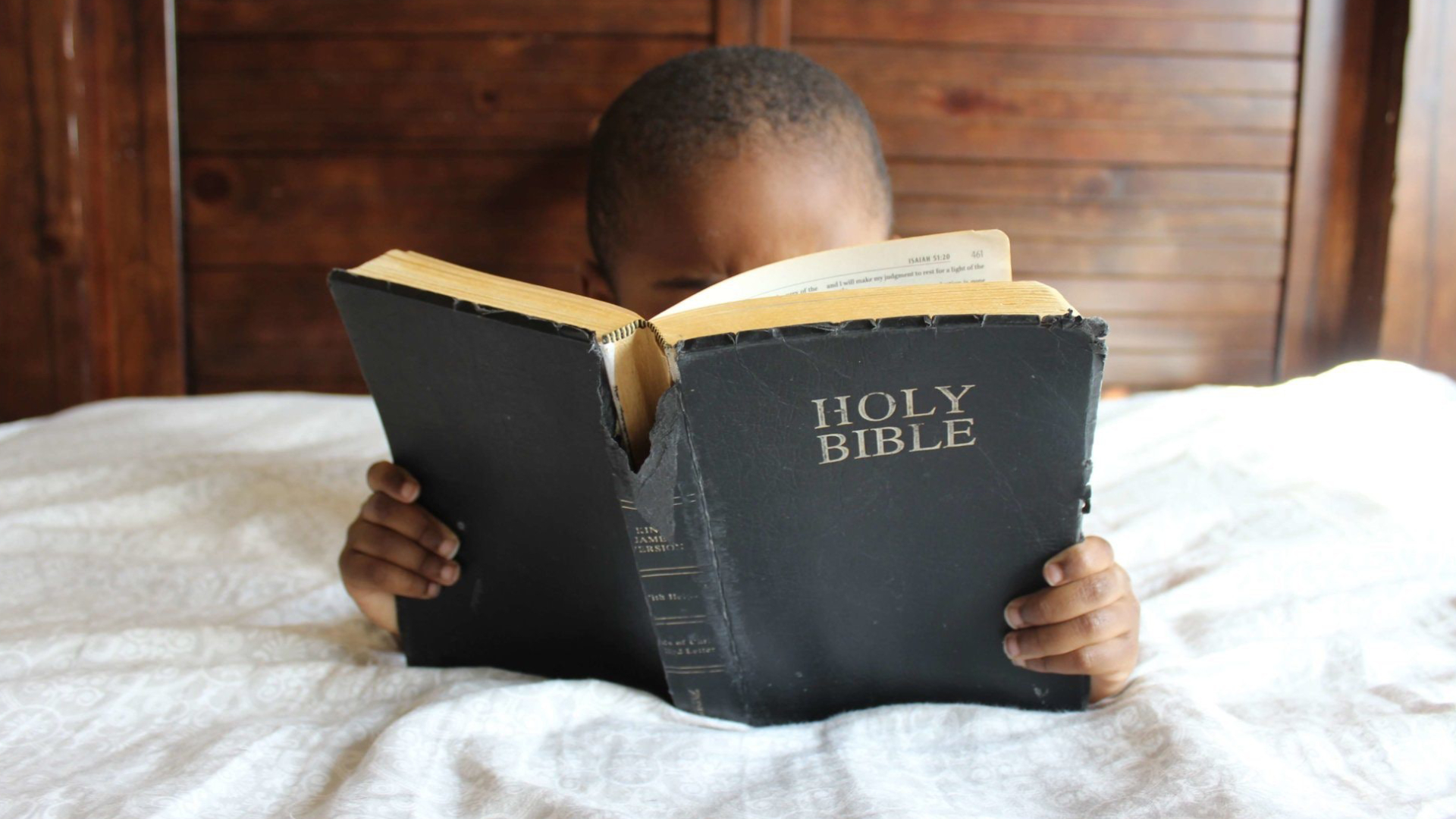The Department of Basic Education (DBE) has come under fire in recent weeks over a recently published report from the Progress in International Reading Literacy Study (PIRLS). The study, conducted in 2021, points out, among other things, that South Africa’s children are struggling to comprehend what they read.
South Africa consistently ranked the lowest out of the more than 57 countries that took part in the study, with the most damning finding being that 81 percent of South African pupils in Grade 4 cannot read for meaning in any language.
This means that only two out of every 10 Grade 4 learners across the country can read a piece of text and then tell you what that text is about. The rest can only read it out loud without comprehending it. Basic Education Minister Angie Motshekga has been lambasted for the PIRLS results by some critics.
In a Daily Maverick opinion piece, Build One SA leader Mmusi Maimane calls the minister a “champion of incompetence,” and blames the department’s failings for the poor reading performance of the nation’s youth, especially those in economically disadvantaged areas.
The department issued a response (PDF) to Maimane, where its spokesperson Elijah Mhlanga called the former DA politician a “hopeless narcissist” and an “attention seeker.” In the same response, it says that “The truth is that South Africa is not a nation of readers” and that the PIRLS results are “an indication of deeper challenges.”
Above all, the spokesperson blames learning disruptions during the COVID-19 pandemic for the poor PIRLS results, specifically the closure of schools during lockdown periods.
“In 2020 the Department was taken to court seven times by Mmusi Maimane and his ilk, with the Constitutional Court, in some instances, ruling in favour of the Department. These people contributed to the 70% learning losses that learners suffered during COVID-19, which has a direct relationship with how learners performed in the 2021 PIRLS. These are a bunch of people who have no clue about education and the future of our country,” bristled Mhlanga.
Basic Education problems are pre-pandemic
While COVID-19 did undoubtedly disrupt learning, a dire lack of reading comprehension within the country’s children was a pre-pandemic problem, despite what the department says.
The University of Cape Town (UCT) wrote in 2019 that 78 percent of South Africa’s Grade 3 learners could not read for meaning. A similar statistic to the PIRLS findings from 2021. UCT continued that in 2019, only 29 percent of the country’s poorest schools had access to in-school libraries, according to education expert Mary Metcalfe.
Metcalfe said, again in 2019 a full year before COVID-19 was first detected in South Africa, that only 45.4 percent of pupils in KwaZulu-Natal (KZN) have their own reading textbooks, with most forced to share between other learners.
The Eastern Cape’s statistics weren’t much better, with just over half of learners having their own reading books.
Metcalfe, who has worked at the University of the Witwatersrand, was the former director general for the Department of Higher Education, was the social infrastructure specialist for the Development Bank of South Africa and served on the Gauteng Executive Council, says that the solutions for the country’s reading and learning problems are simple.
The solution is simple for the DBE
The Department of Basic Education needs to establish sound policy ideas and ensure that institutions are strong enough to deliver them.
“Officials at department level need to listen more to the professionals working hard with limited resources to change education in complex situations,” Metcalfe said during a talk at UCT.
“Change depends on accessing the energy of all those who can create and unblock blockages and build a coalition for change.”
Earlier in May, the Department of Basic Education said that it was going to close over 900 small schools in KZN over the next few years, as the schools – mostly in rural areas – have little or no learners at all.
“We are looking at progressively closing the small schools. Currently, there are over 900 such schools in the province, starting with those with the lowest enrolment or those which are furthest from the threshold, let’s say of 135 and 200,” said Nkosinathi Ngcobo, head of the Department of Education in KZN, at the time.
Meanwhile, Mhlanga says that Maimane is misguided, and he “seeks to mislead the public about the real challenge facing the country on the matter of reading.” This challenge is apparently that South Africans don’t want to, or don’t have a culture of reading.
But this would fly in the face of South Africa’s successful publishing houses, bodies of globally recognised research from leading institutions, international award-winning fiction from the likes of Zakes Mda and Nobel Laureate JM Coetzee, to new very few, and highly popular and vibrant news cycles.
We argue that perhaps if the Department of Basic Education could give students access to books and teachers passionate about reading at an early age, and focused more on actual learning outcomes than on statistics and announcements for pass rates, then reading comprehension might improve.
But how will this be possible, when the department is even unable to provide daily meals for the country’s poorest young learners despite having a budget of R30 billion.

